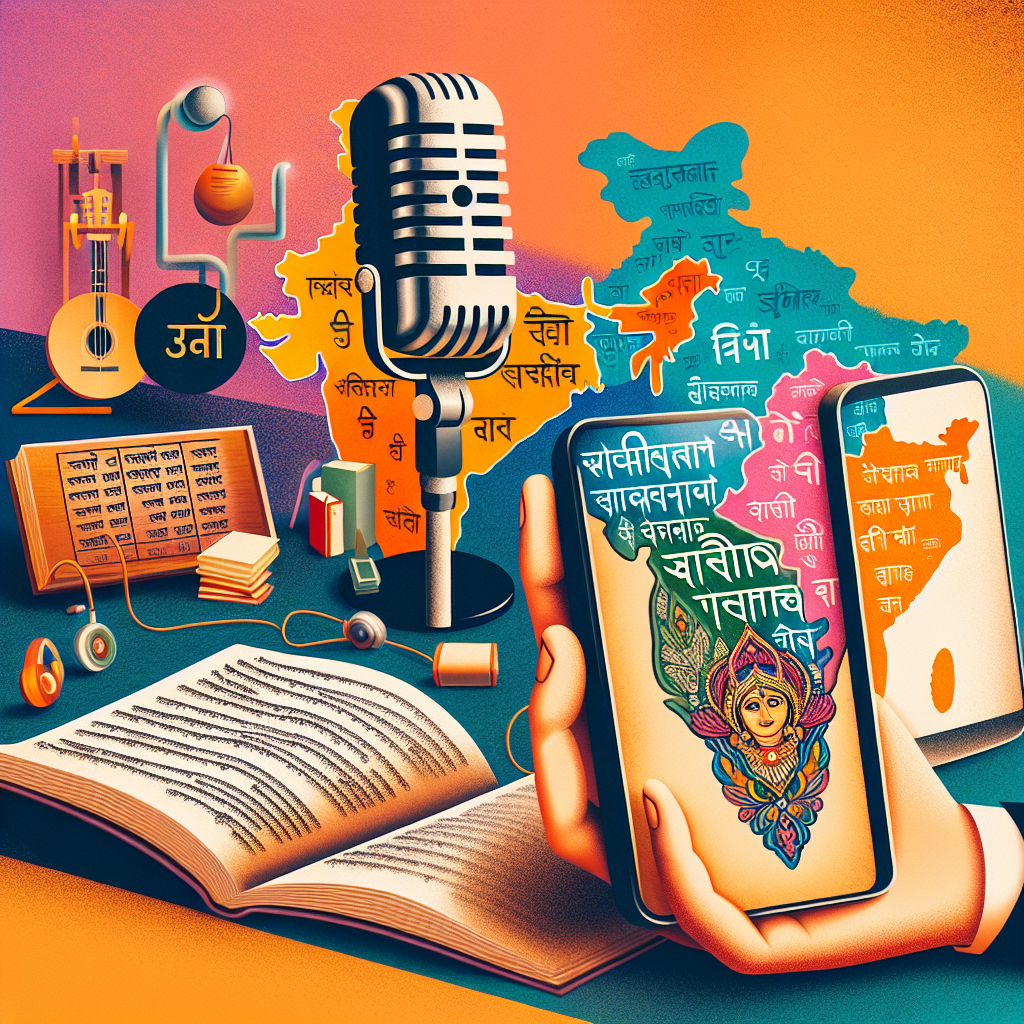Assamese and Bengali Declared Classical Languages: A Cultural Milestone
The Union Cabinet's recognition of Assamese and Bengali as classical languages marks a historic moment, welcomed by political leaders and intellectuals in Assam. The decision promises advancements in research, academia, and cultural preservation. Since the announcement, expressions of gratitude and pride have been conveyed to the government.

- Country:
- India
The recent declaration of the Assamese language as a classical language by India's Union Cabinet has been met with enthusiasm across Assam. Chief Minister Himanta Biswa Sarma highlighted the significance of the decision, expressing gratitude to Prime Minister Narendra Modi for resolving longstanding controversies. He noted the dual joy, as Bengali was also recognized as a classical language.
In addition to Assamese and Bengali, Marathi, Pali, and Prakrit languages were also declared classical. Assam Pradesh Congress president Bhupen Borah emphasized the pride this recognition brings to Assamese speakers, attributing this achievement to the state's literary icons. Similarly, Assam Jatiya Parishad leaders hailed the decision, seeing it as a boost for the language's development and research.
Former Asam Sahitya Sabha president Kuladhar Saikia, who initiated the push for recognition, underscored how Assamese met the criteria through historical evidence like stone inscriptions and folk music. He anticipates that this status will enhance opportunities for educational and cultural initiatives, further embedding the language's classical heritage in global consciousness.
(With inputs from agencies.)










